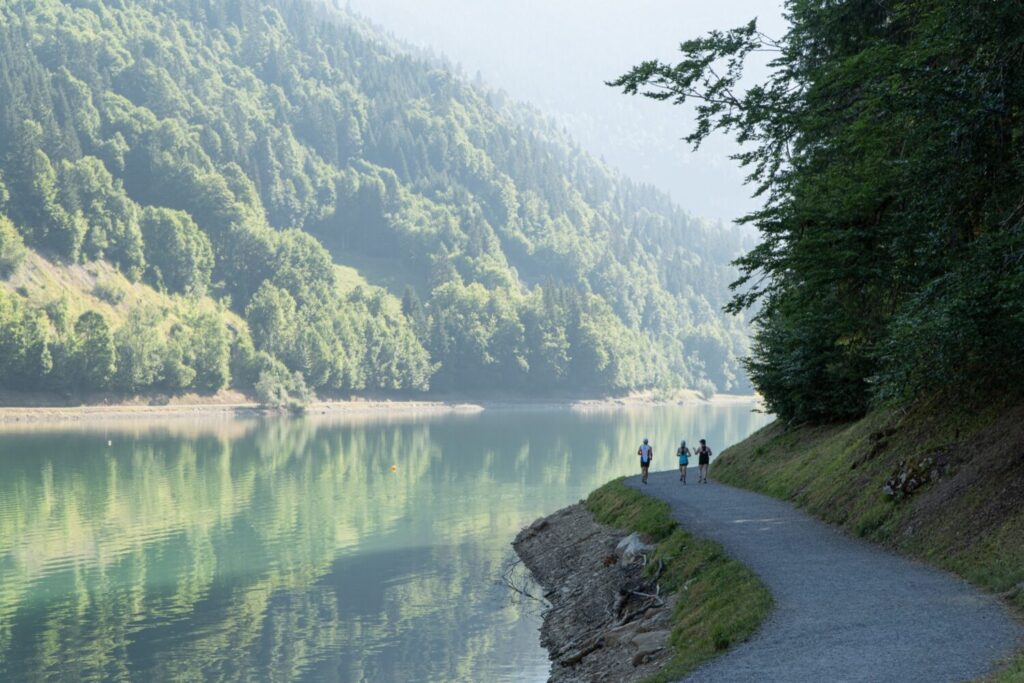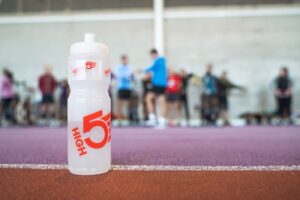What is the ideal temperature for running?
Some people LOVE running in the heat, others seem to struggle, so I guess this comes down to personal preference however, there has been some research in the past, which has looked at the ideal temperature for the mass runners. In fact, a study conducted in France, which analysed the finish times in major marathons over a 10 year period, found that the ideal temperature seems to sit around 44 degrees for women to perform optimally and this was similar to the findings of research carried out in Tulsa USA, which revealed 49.4 degrees Fahrenheit (9.7 degrees Celsius) seemed to be better for me and 51.9 degrees Fahrenheit (11 degrees Celsius) for women who are running marathon-like distances.
Ultimately what research suggests is that the warmer the air temperature, the more runners will start to struggle. In basic terms, this is because we struggle to cool ourselves down and the body starts to overwork/over heat. Based on the research, as the temperature rises above approximately 52 degrees Fahrenheit or 12 degrees Celsius then long distance runners performances could start to fade. This doesn’t mean it’s the case for everyone, as mentioned previously, we are all unique and some people tend to perform better than others in warmer climates.
Top tips for adapting your training

Our first tip would be to slow down and not get obsessed with the watch. The body is working harder so we always say to the athletes we work with – you’re getting more benefit from running slower. The heart and lungs don’t know what the air temperature is, they just know they are getting a good workout.
Our second top tip would be to go early in the morning when temperatures seem to be cooler, or check the forecast and look for the cooler part of the day.
Our third tip is to find shaded areas, places like woods or forests, which can provide shade from the sun. The satellite/reception seems to be limited in these types of places, so this gives runners a great excuse to switch off from the pace on their watch and enjoy their surroundings. Run free!
Our favourite pieces of kit for the hot weather
A white cap! That’s always our go to. Black kit seems to absorb the heat, so light-coloured clothes and caps are. Caps help to keep the sun off the face too, and you can always stop and dip the cap in a cold stream and stick it back on the head to get that cooling feeling.
We find trail running kit useful, as they are light, but can be very useful. For example, the Nike trail running shorts have nice pockets and little bands for gels, so you can carry things with you.
As a team we would also recommend people running with a running pack or camelback if it gets really warm. I personally love my Raidlight running pack, it’s amazing, but there are plenty of great brands out there and the runners who I coach seem to love shopping at Decathlon for a bargain!
Do you need water for a 30/40min run & what about electrolytes/sports drinks?
Our golden rule is 90mins. If you are likely to be out for longer than 90mins then things such as electrolytes, sports drinks or even salt tablets can become very useful. Water will usually be enough for anything less than 90mins, but then it’s essential that you refuel post exercise. In fact, I would say hydration is more important prior to your run. Keeping hydrated 24-48 hours before is essential, so if you know the weather is going to be warm, why not carry an electrolyte drink around with you the day before and make sure you’re well hydrated going into your run.

Top tips for optimal hydration during the summer/summer training
Always carry a water bottle. It’s the best tip I ever got off a nutritionist. Not only does it mean you are constantly drinking, it’s also a great way to measure how much you’re drinking. If you’ve filled a 500ml bottle up 4 times in a day, then you’re at 2 litres (quick maths) but when it’s warm I would personally say you should be drinking a minimum of 3 litres and if exercising then potentially more.
Final bits of advice
Jump in a cold lake or stream post run, maybe even a paddling pool. Cold water therapy has some great research to support the benefits of recovery, but for me it’s just such a great feeling having something cold to dip your legs into after a hot run. Oh and one final thing – enjoy an ice cream or ice lolly, you’ve earned it.


